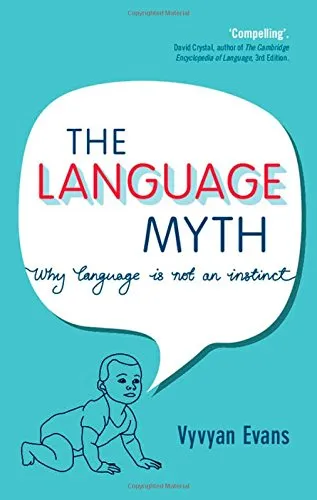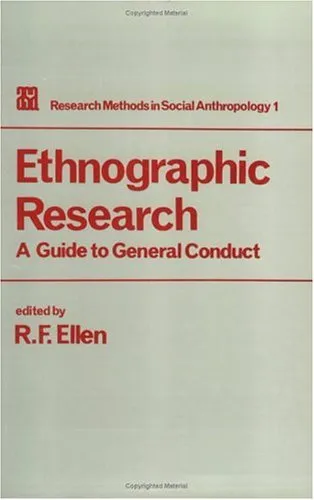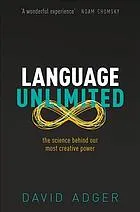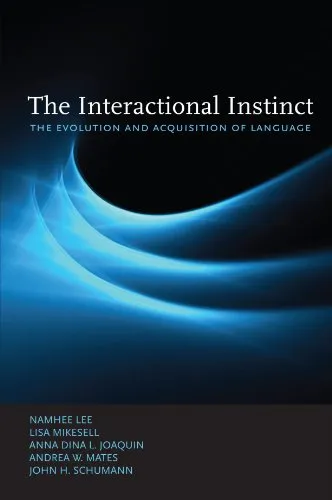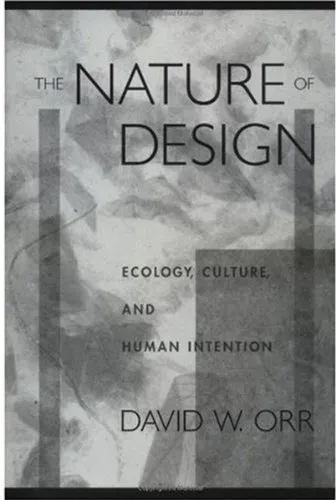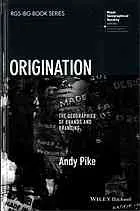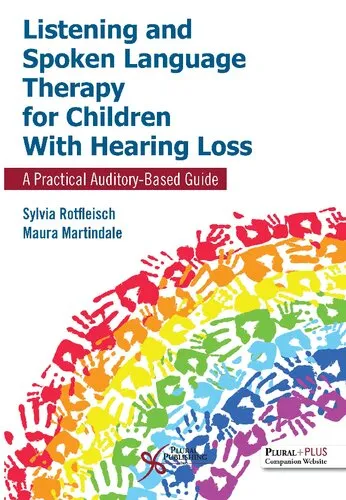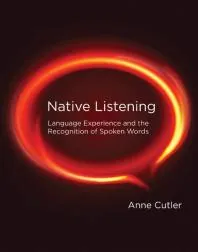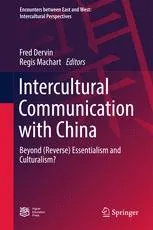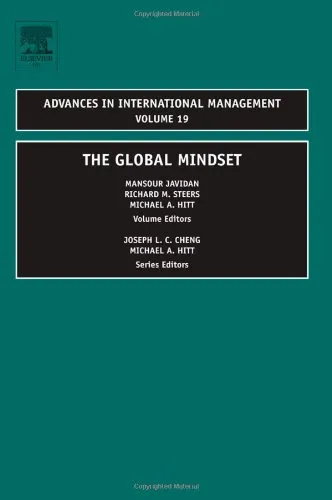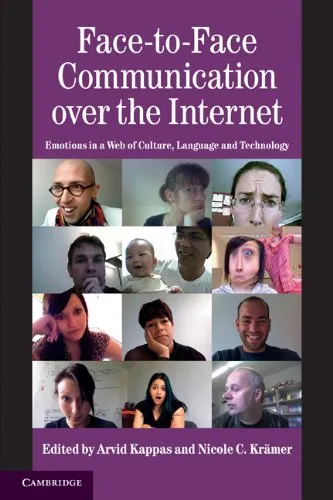The Language Myth: Why Language Is Not an Instinct
4.0
Reviews from our users

You Can Ask your questions from this book's AI after Login
Each download or ask from book AI costs 2 points. To earn more free points, please visit the Points Guide Page and complete some valuable actions.Related Refrences:
Introduction to 'The Language Myth: Why Language Is Not an Instinct'
Written by Vyvyan Evans, 'The Language Myth: Why Language Is Not an Instinct' challenges one of the most entrenched ideas in modern linguistics—the notion that language is an innate, instinctual ability governed by a universal grammar hardwired into the human brain. In this groundbreaking book, Evans takes aim at the influential theories of Noam Chomsky and Steven Pinker, arguing instead for a richer, more nuanced understanding of how humans acquire and use language. By drawing on contemporary research across multiple disciplines, Evans demonstrates that language is a product of cultural evolution, cognitive development, and social interaction rather than a pre-installed "module" in the brain.
With clear explanations, compelling evidence, and an engaging tone, the book is accessible to readers without prior expertise in linguistics, as well as those within the field who are eager to reconsider established dogmas. Evans explores key topics like the myth of universal grammar, the cognitive basis of language, and how real-world studies in linguistics and neuroscience undermine the "instinct" hypothesis. The book offers a powerful alternative to the reductive view of language as a biological given, revealing the flexibility, creativity, and cultural specificity of human communication.
Whether you're passionate about the sciences of the mind, intrigued by how language shapes human cognition, or simply curious about what language reveals about us as a species, The Language Myth will leave you both enlightened and inspired to see language in a new light.
Detailed Summary of the Book
The core thesis of The Language Myth is that language is not, as claimed by Chomsky and his followers, an innate "instinct" with a preconfigured universal grammar. Instead, Evans posits that language is shaped by usage, learning, culture, and the human brain's capacity for general cognition. The book dismantles the central claims of the "language instinct" hypothesis, focusing on the lack of empirical evidence for universal grammar and the widespread cross-linguistic variation that defies such a model.
Evans organizes his critique into several key sections. First, he debunks the idea that language acquisition in children supports the idea of an instinct. Instead, he highlights the importance of environment, cultural transmission, and gradual learning processes. He also delves into neuroscience, showing how no specific brain "module" is solely responsible for language. The brain, Evans argues, works in tandem with broader cognitive and social abilities to make language possible.
Another pivotal section of the book addresses cross-linguistic evidence. Evans demonstrates that languages worldwide vary significantly in syntax, morphology, and expression, making the notion of a universal grammar untenable. He explores examples of linguistic diversity to emphasize how humans adapt language to their social and cultural needs, rather than being constrained by biological presets.
By weaving together evidence from psychology, anthropology, linguistics, and neuroscience, Evans offers a compelling alternative perspective: language evolves culturally and is intimately tied to other cognitive processes. Ultimately, the book leaves readers questioning not only the "language instinct" but how we understand human cognition more broadly.
Key Takeaways
- Language is not an innate "module" in the brain but a complex product of culture, cognition, and social interaction.
- The concept of a universal grammar lacks empirical support and fails to account for the rich diversity of languages around the world.
- Neuroscience does not substantiate claims of a dedicated, hardwired brain mechanism for language.
- Language acquisition in children is better explained through environmental interactions, learning processes, and cognitive flexibility than by innate instincts.
- Refuting the "language instinct" idea has implications for how we understand human cognition, learning, and cultural evolution.
Famous Quotes from the Book
"Language is not a distinct instinct. It is an ingenious cognitive tool that we construct collectively, shaped by the cultures we create and the experiences we share."
"The diversity of human languages is not merely noise to be filtered out; it is the signature of human creativity at play."
"To call language an instinct is to trivialize the remarkable ingenuity and adaptability of human communication."
Why This Book Matters
'The Language Myth' is a crucial read for anyone interested in understanding the true origins and nature of language. For decades, Chomskyan linguistics dominated the field, presenting language as an innate feature of the human brain. By questioning this orthodox view, Vyvyan Evans opens the door to a richer, more dynamic understanding of how language truly works.
The book matters not only for its scientific significance but also for its broader implications. By revealing the cultural and cognitive underpinnings of language, Evans highlights humanity's unique capacity for creativity, collaboration, and social learning. The book invites linguists, educators, psychologists, and general readers to reconsider long-held beliefs and embrace a more holistic view of human communication.
In a time when interdisciplinary research is reshaping our understanding of the brain and mind, 'The Language Myth' stands as a vital contribution to the conversation, equipping readers to think critically about language and its role in shaping what it means to be human.
Free Direct Download
You Can Download this book after Login
Accessing books through legal platforms and public libraries not only supports the rights of authors and publishers but also contributes to the sustainability of reading culture. Before downloading, please take a moment to consider these options.
Find this book on other platforms:
WorldCat helps you find books in libraries worldwide.
See ratings, reviews, and discussions on Goodreads.
Find and buy rare or used books on AbeBooks.
1337
بازدید4.0
امتیاز0
نظر98%
رضایتReviews:
4.0
Based on 0 users review
Questions & Answers
Ask questions about this book or help others by answering
No questions yet. Be the first to ask!
